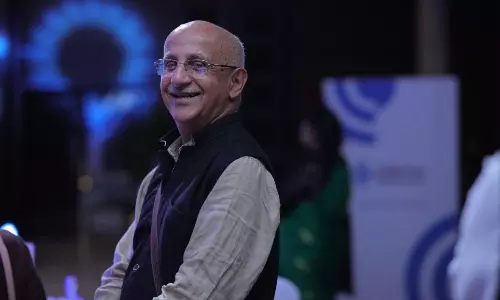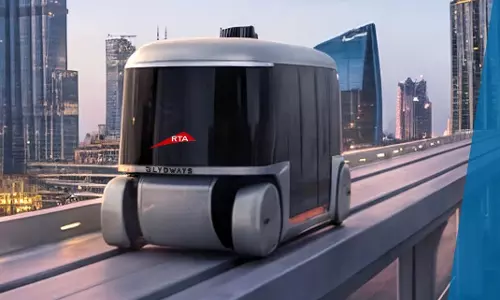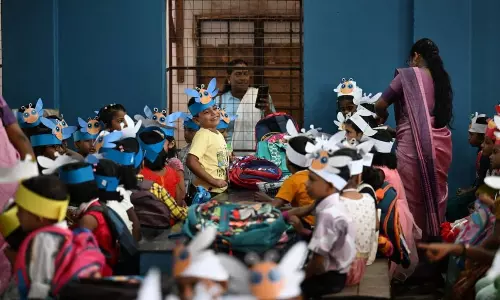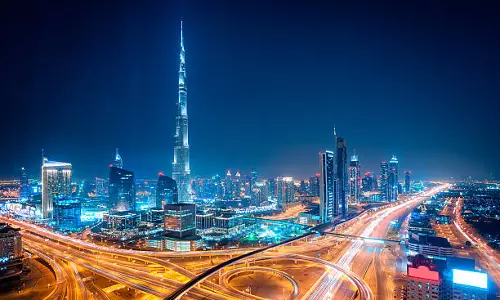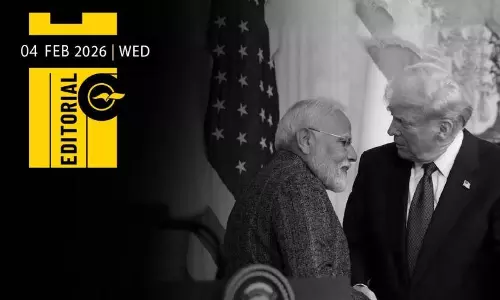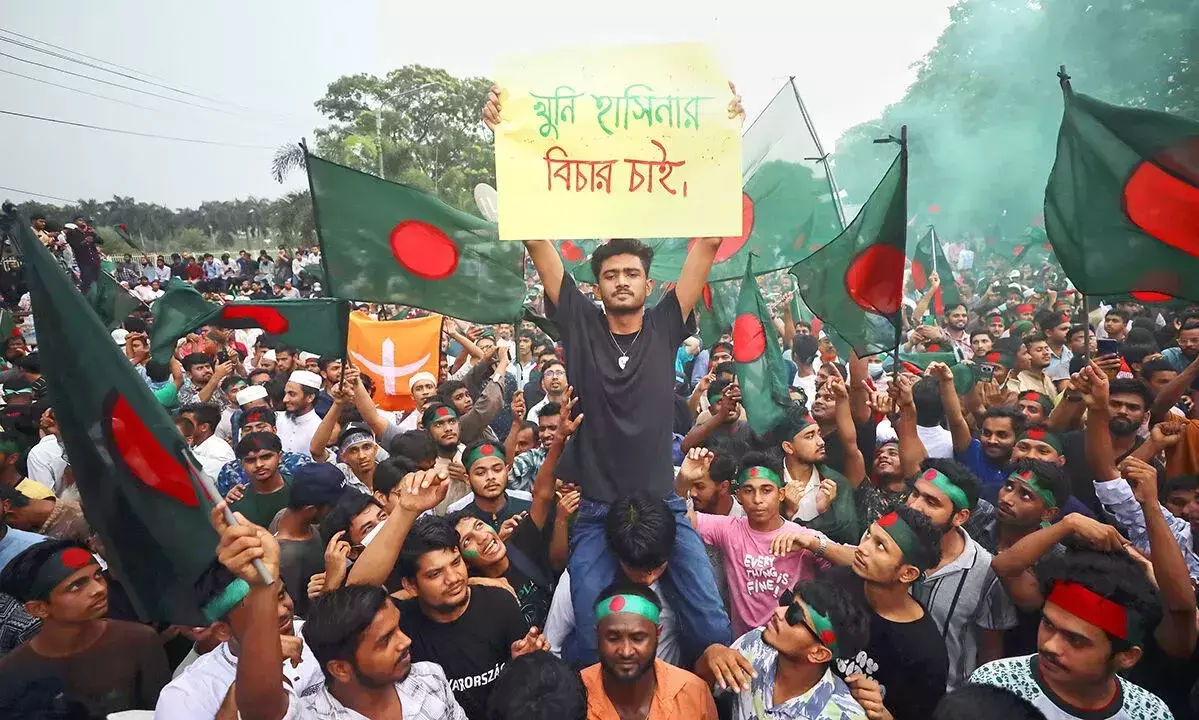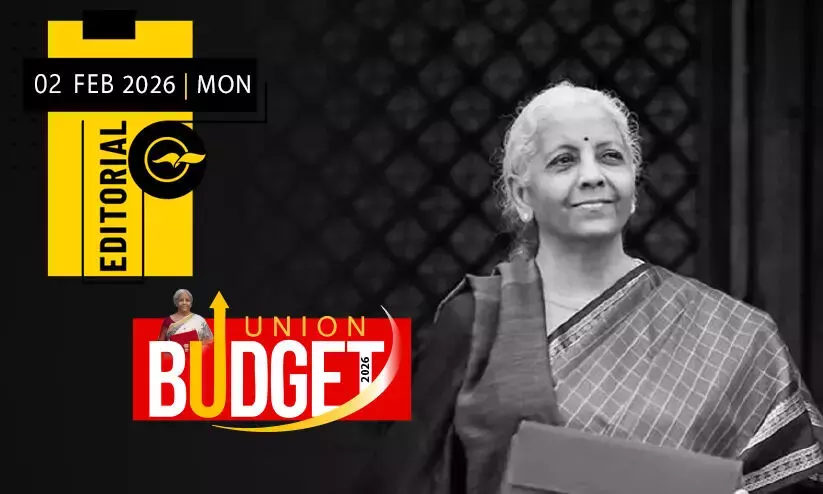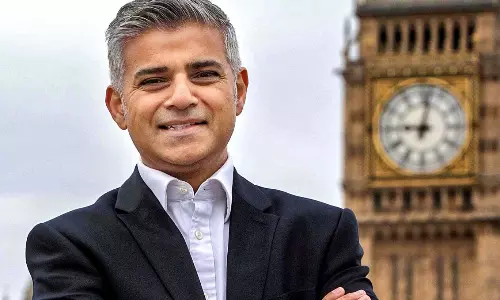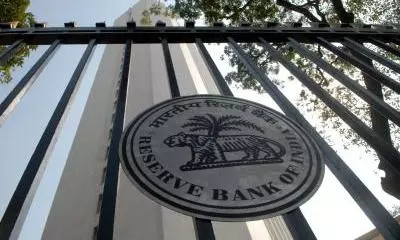
Delhi Metro hikes fares after 8 years, citing financial strain
text_fieldsNew Delhi: Facing mounting financial pressures from COVID-related losses, loan repayments, and infrastructure upkeep, the Delhi Metro Rail Corporation (DMRC) on Monday announced a revision of passenger fares after nearly eight years. The hike, ranging between Rs 1 and Rs 4 depending on distance travelled, has been described by the DMRC as a “minimal” increase to meet rising operational costs.
Under the new structure, the minimum fare has gone up from Rs 10 to Rs 11 for journeys of up to 2 km, while the maximum fare for trips beyond 32 km has been revised from Rs 60 to Rs 64. For the 12–21 km slab, fares have increased to Rs 43 from Rs 40, and for the 21–32 km range, fares now stand at Rs 54 compared to the earlier Rs 50.
The revised rates also apply on Sundays and national holidays. On these days, travel beyond 32 km will now cost Rs 54 instead of Rs 50, while fares for the 12–21 km distance have been revised from Rs 30 to Rs 32, the DMRC said in a statement. In addition, fares on the Airport Express Line have also been revised, with an increase of up to Rs 5.
Explaining the rationale, DMRC officials cited multiple financial strains, including losses sustained during the pandemic, repayment obligations to the Japan International Cooperation Agency (JICA), midlife refurbishment of trains, infrastructure maintenance, and staff salaries. They noted that the revision was carried out on the recommendation of the 4th Fare Fixation Committee and had received approval from the corporation’s Board of Directors.
Delhi Metro fares were earlier revised in 2004, 2005, 2009, and twice in 2017, in May and October. Despite the latest increase, the DMRC maintained that its fares continue to be among the lowest worldwide.
To ease the burden on passengers, smart card users will still receive a 10% discount on every journey, with an additional 10% discount offered during off-peak hours, before 8 am, between 12 pm and 5 pm, and after 9 pm, the statement added.
With PTI inputs




